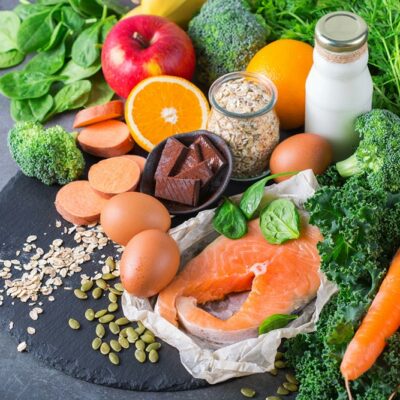
10 Strategies to Cope With Depression
Depression is a mental health concern that can affect anyone. It drains a person’s energy and leaves them feeling tired and empty. Those battling depression find it hard to focus on their daily tasks and often withdraw from society. Thankfully, the proper guidance from a professional can help one manage the problem. Below are a few valuable tips and strategies that can help people cope with depression better and improve their quality of life. 1. Accept the situation The first step toward tending to any illness, whether mental or physical, is to accept its presence and know the current situation is perhaps not permanent. Being open to the situation can help one navigate depression in the long run. 2. Focus on the positives Depression causes patients to focus on the problematic and unhelpful negatives of life. One should avoid this and instead focus on the good. Appreciating the small things in life can help immensely. One can maintain a diary and write down the meaningful or happy events occurring every day. 3. Set realistic goals Depression makes it difficult to carry out even the most basic tasks. So, instead of making a long list, patients should begin with a couple of tasks that can be completed throughout the day.
Read More 










